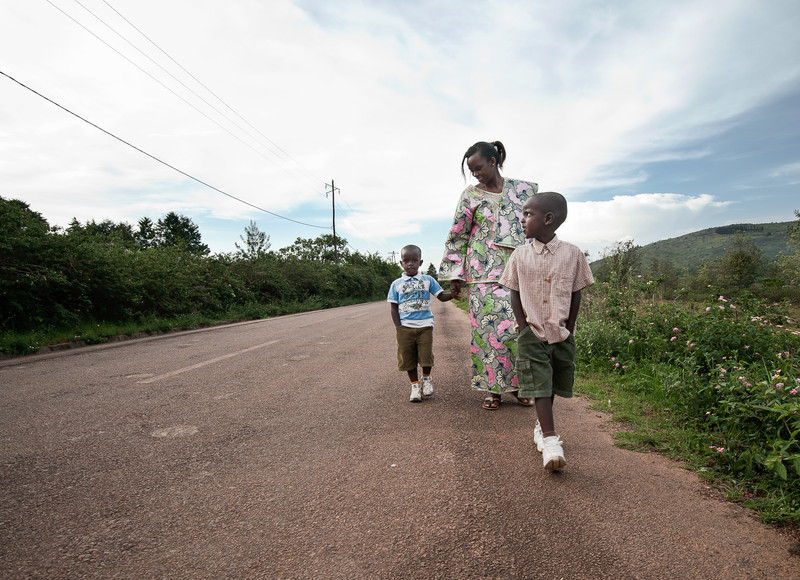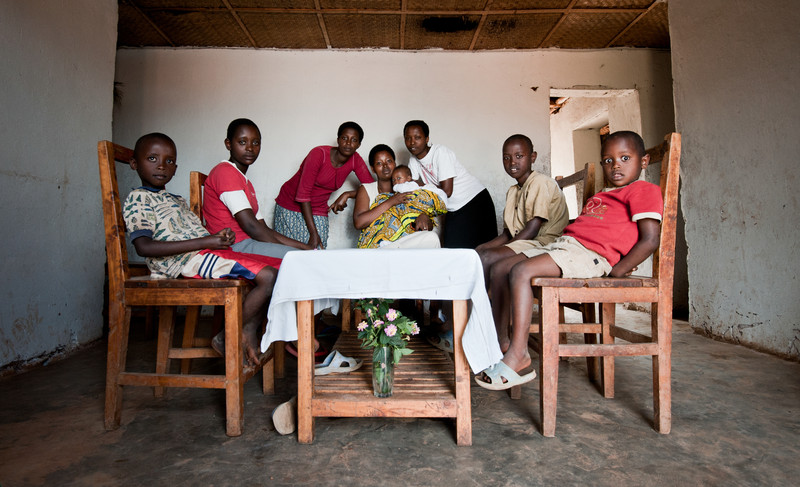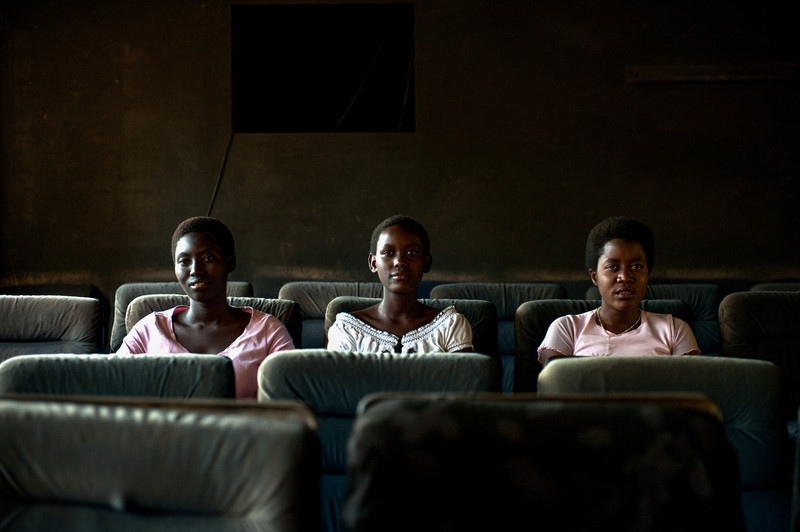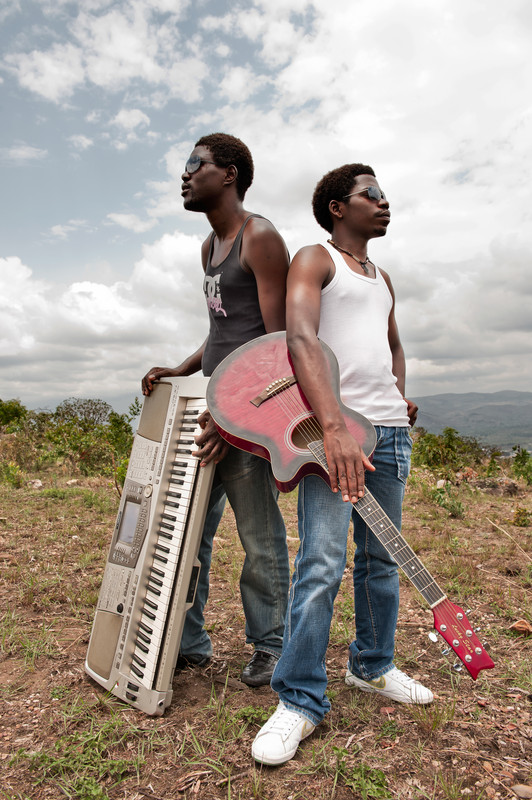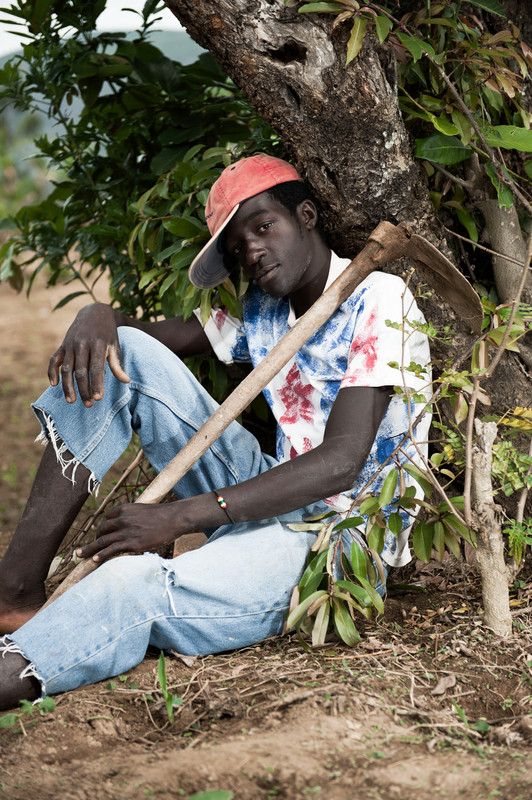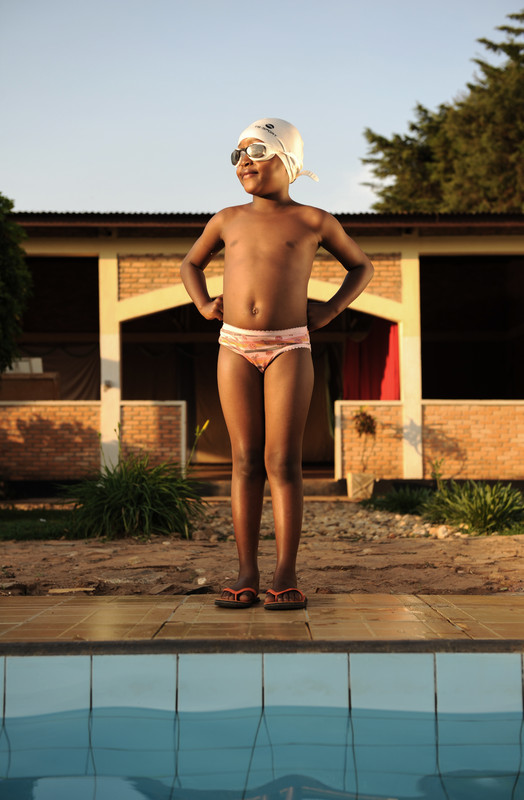Wind of Change
© Fabrice MonteiroThroughout the text, you will find in parentheses the meaning of the surnames of all the people mentioned. In Burundi, people traditionally inherited their father's name and profession. But if the father had antecedents, we had to assume them throughout his life. To ward off fate, everyone now chooses the first and last name of their child.
In Kirundi, we say "izina niryo muntu" (The name is the person), it reflects the personality. Very often, it is connoted with God because in Burundian society, it is said that: "God takes everything that belongs to him, God controls everything".
On October 22, 1993, when the massacres broke out in Ruyigi (Burundi), I took my friends to the bishopric to take refuge in the house of God. When Tutsis arrive, everyone hides in closets and false ceilings. I try to oppose them, to reason with them, they throw me out, undress me and tie me to a chair while I know them, some of them are even members of my family. They set fire to the buildings and order all the Hutus to go out, killing them one after the other. Seventy-two people die before my eyes. When the children’s turn comes, I beg them to save the children by offering them money. They accept and detach me so that I can open the safe of the bishopric. I take refuge with the twenty-five surviving children not far from the bishopric, in the house of Martin, a young German cooperator who arrived in Ruyigi a few months earlier. The next morning at dawn, with the help of a few prisoners and wheelbarrows, we crossed the gate of the bishopric and buried my murdered friends. I cut a branch of white bougainvillea and the plant next to the graves. Today, it is a magnificent bougainvillea overlooking the cemetery.
In the days following the massacres, I look for food, medicine and blankets for the children. At first, I fly in the fields to feed them, then we all take spades and till the land. This is how the House of Shalom was born. It was the children who chose the name “Shalom” (La Paix) in memory of the religious songs broadcast during the war by the “Radio Nationale”, the only radio station then broadcasting in the country
This is the story of 25 of Maggy’s children. It is a story of resilience or how you have to keep on living with a neighbour that massacred your family just because you are from a different ethnic group
I asked each one of them to tell their story and choose how and where they wanted to be their portrait taken .
click to view the complete set of images in the archive

